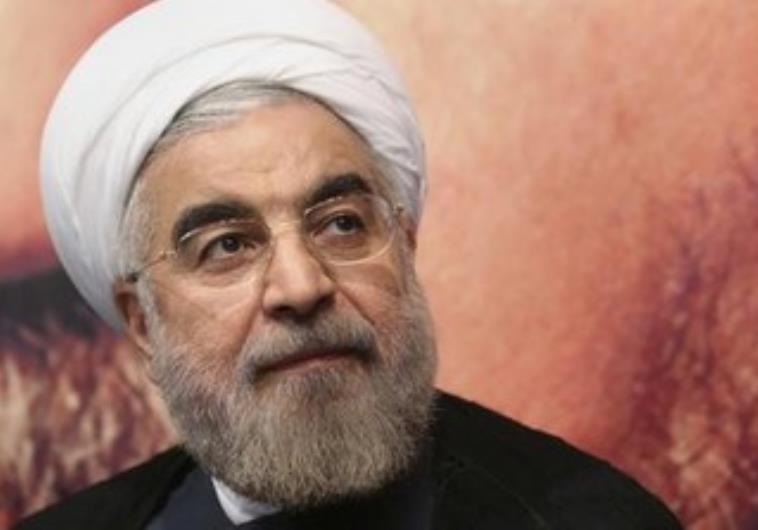London – Iranian President-elect Hassan Rouhani was able to achieve a second victory in the presidential elections, by receiving more than 57 percent of votes.
However, his second term would be more difficult than the previous one, due to strong internal divisions that the country has witnessed during the electoral campaign.
Rouhani has launched several electoral promises and was subject to severe criticism due to the consecutive crises under his tenure, unemployment and the deteriorating living and economic conditions in particular.
In the wake of the election results, the Iranian president has several challenges ahead, mainly the respect of social liberties, which he vehemently defended during his presidential campaign, the openness to the world, the promotion of women’s rights, reducing unemployment rates and opening the doors to internal and foreign investments.
Raising the slogan of “Freedom, Security, Calmness and Progress”, Rouhani was competing against his conservative opponents, who took the country’s “administrative and economic deficit” as their main defense.
He also promised to promote Internet and media liberties, as well as human rights.
A more sensitive issue that Rouhani has to tackle is the compulsory residence imposed on Reformist leaders Mir-Hossein Mousavi and Mehdi Karroubi, since February 2011. One of the main slogans of Rouhani’s 2013 campaign was to free them.
The Iranian president will also have a difficult relation with the judicial system, which he described as corrupted and unable to resolve economic corruption.
His relation with Ali Khamenei also witnessed some tensions, especially with regards to the nuclear deal and the stance on foreign investments.
Rouhani’s aspirations for encouraging foreign investments have in fact clashed with Khomeini’s “resistant economic policy” which calls for relying on domestic investors.
With regards to his relationship with the Islamic Revolutionary Guards Corps (IRGC), since he took office in 2013, Rouhani has criticized the military wing’s expanded influence over the country’s “weapons, media, and economy.”
